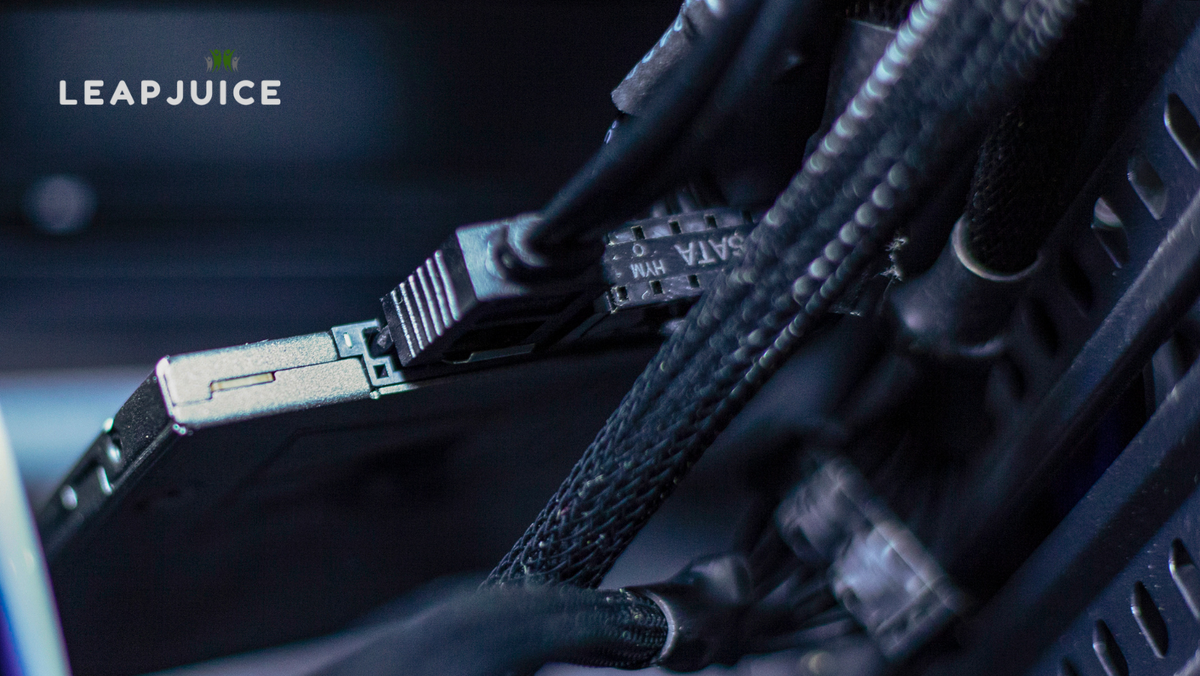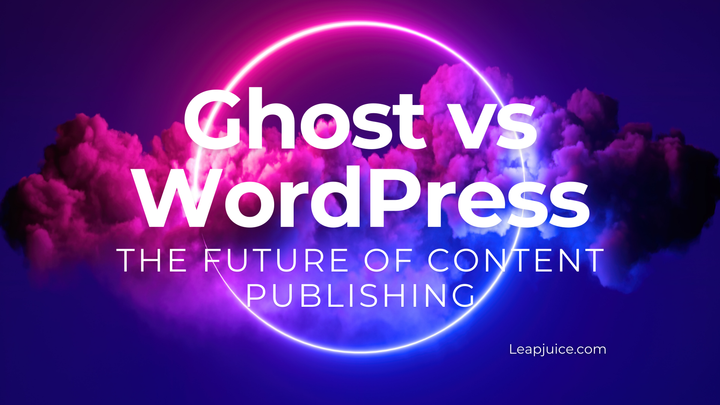SSD vs HDD Drives When Running Web Server
Solid-state drives (SSD) and hard disk drives (HDD) are the two most common types of storage drives used in computers and servers.

Solid-state drives (SSD) and hard disk drives (HDD) are the two most common types of storage drives used in computers and servers. Both have their own advantages and disadvantages, and the best option for you will depend on your specific needs.
One of the biggest differences between SSDs and HDDs is speed. SSDs are much faster than HDDs because they use flash memory instead of spinning disks to access data. This means that when running a web server, an SSD will be able to serve up data and pages much faster than an HDD, resulting in a better user experience for your website visitors.
Another advantage of SSDs is that they are more reliable and durable than HDDs. Because they have no moving parts, they are less prone to failure due to mechanical issues. This makes them a good choice for servers that need to be up and running at all times.
In terms of capacity, HDDs typically offer more storage space for the price than SSDs. However, SSDs are available in larger capacities and their prices are quickly decreasing, making them a more viable option for those who need a lot of storage space.
One potential drawback of SSDs is that they can be more expensive than HDDs. However, the improved performance and reliability of SSDs may outweigh the extra cost for some users.
In conclusion, when running a web server, SSDs offer several benefits over HDDs, including faster performance, increased reliability, and improved durability. While they may be more expensive, the improved user experience and reduced downtime may make them a worthwhile investment. As always, it's important to consider your specific needs and budget when deciding which type of storage drive to use.




Comments ()